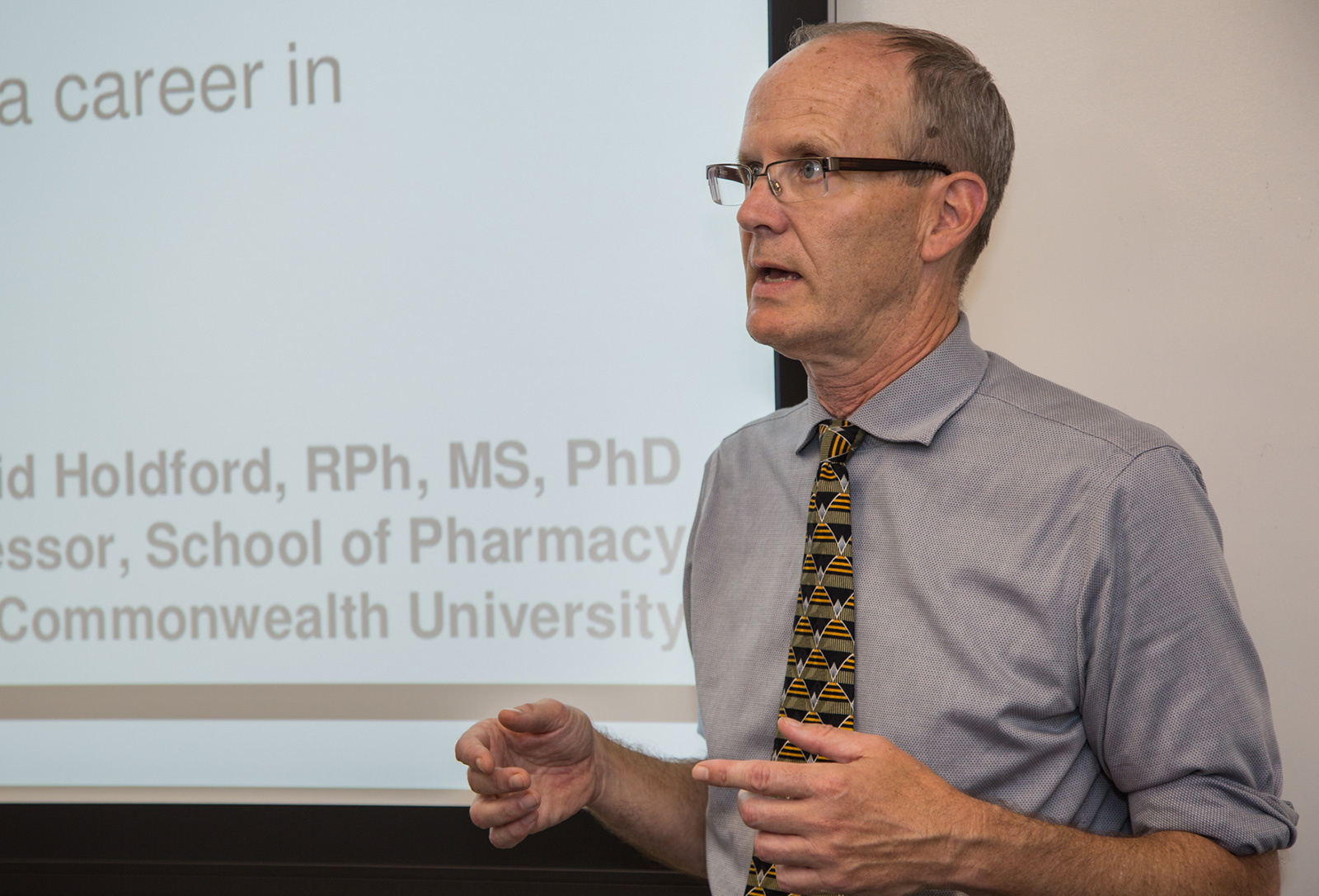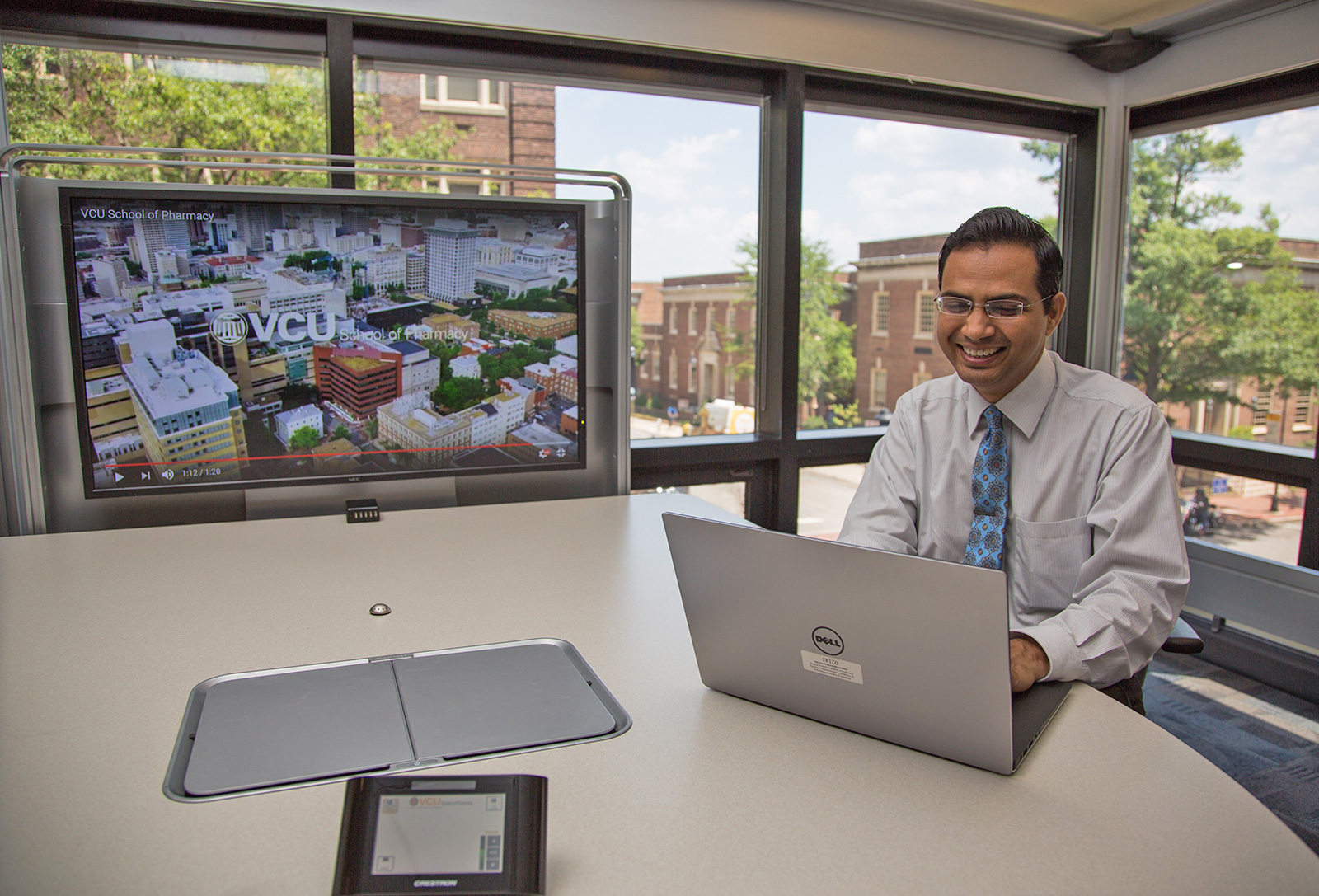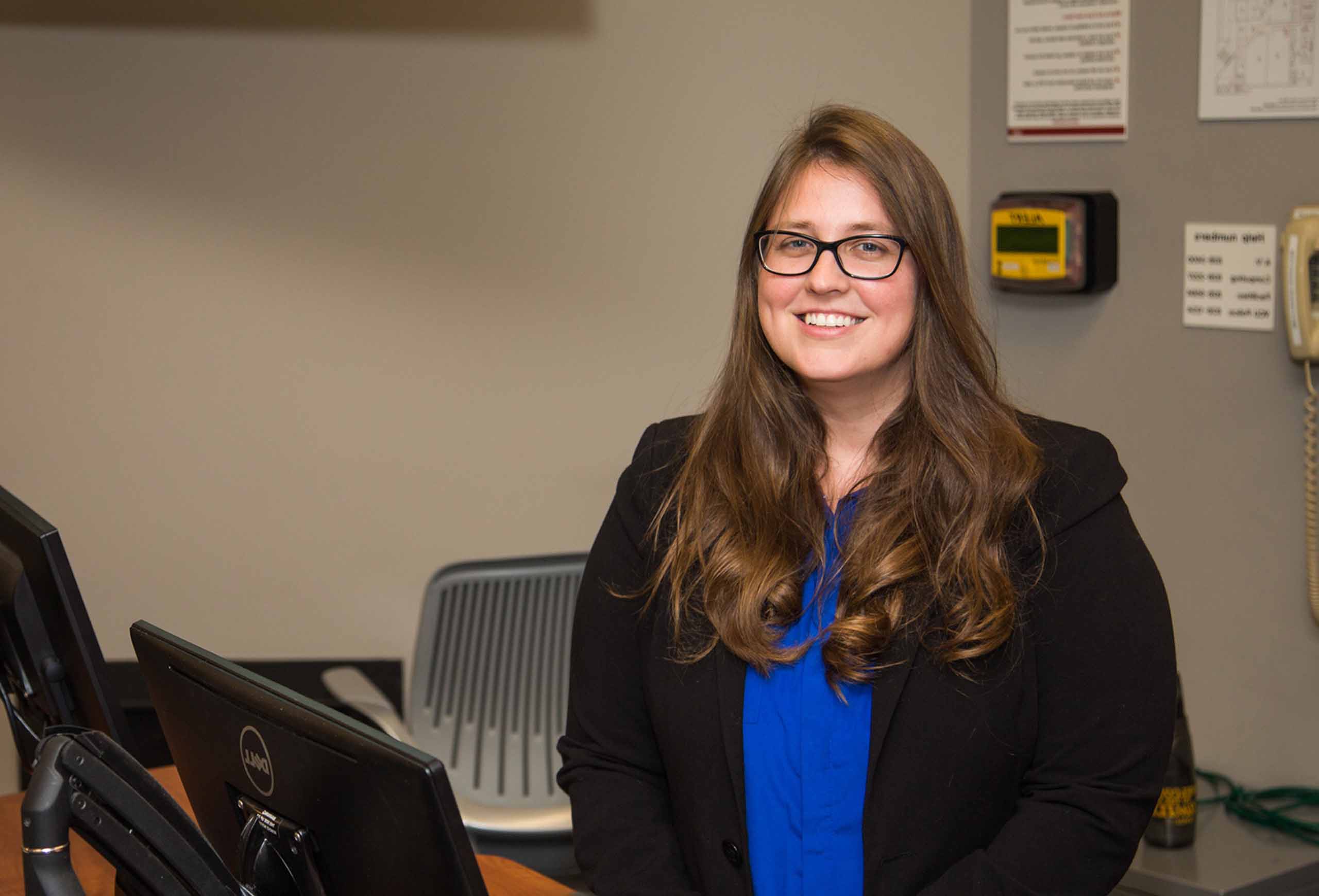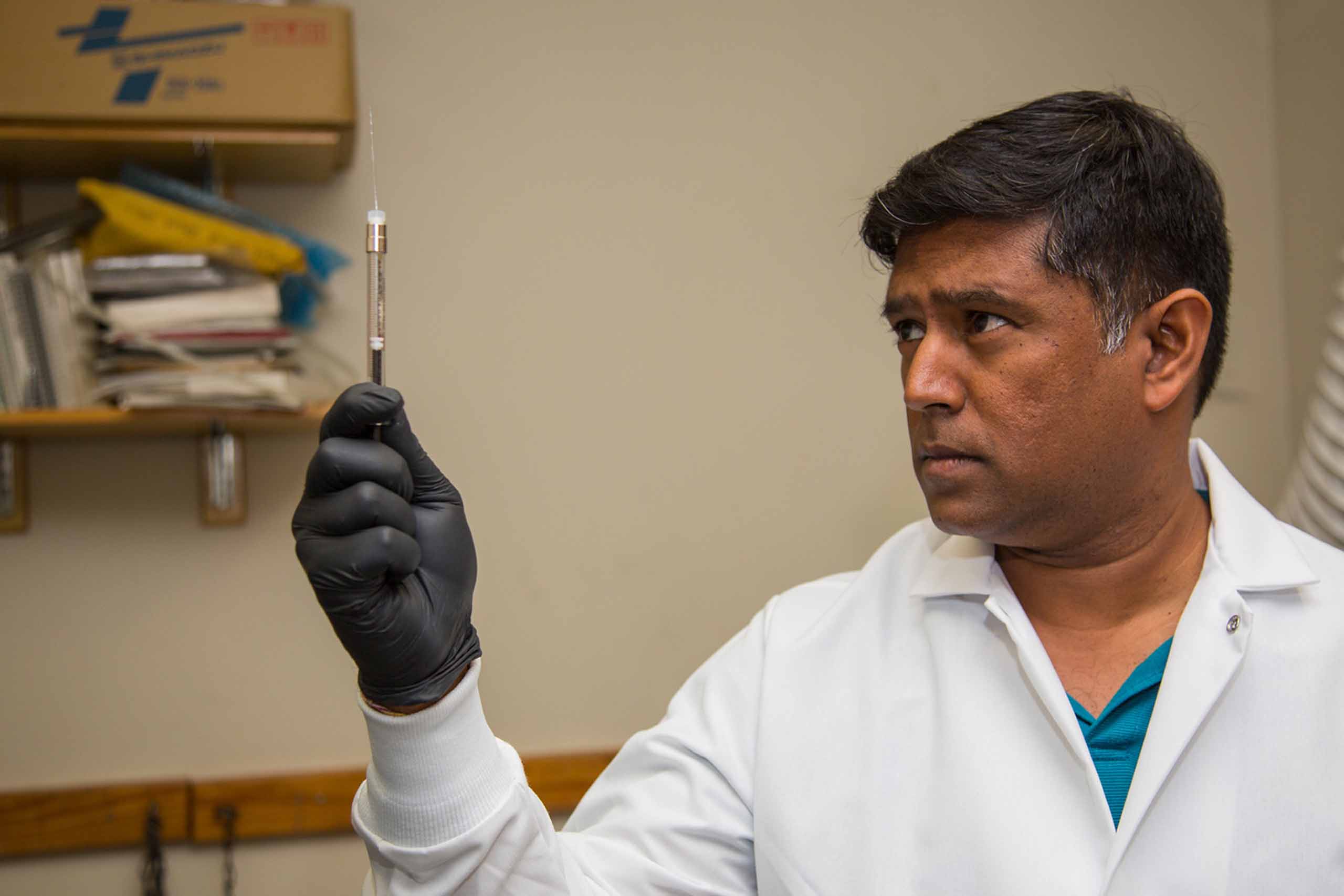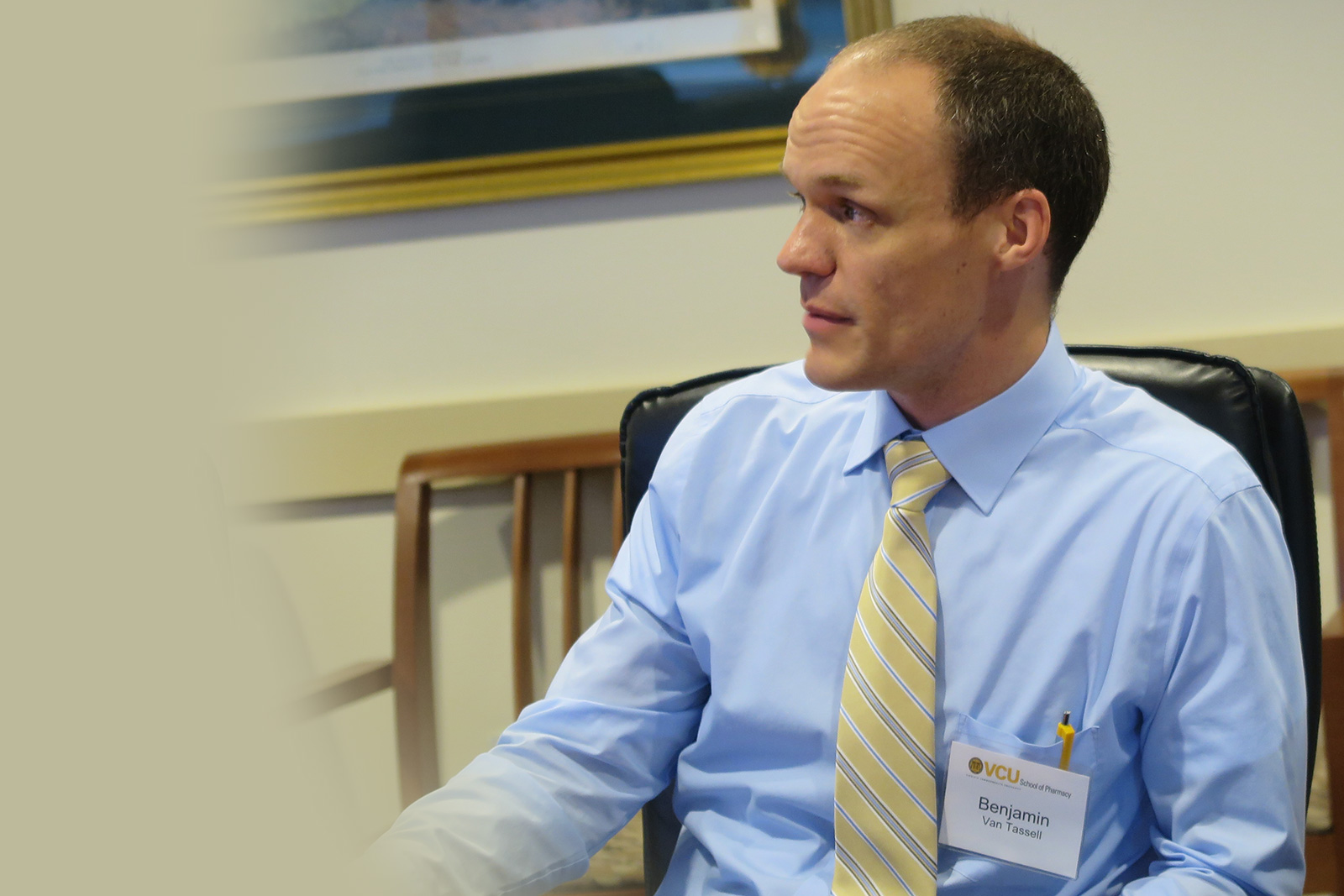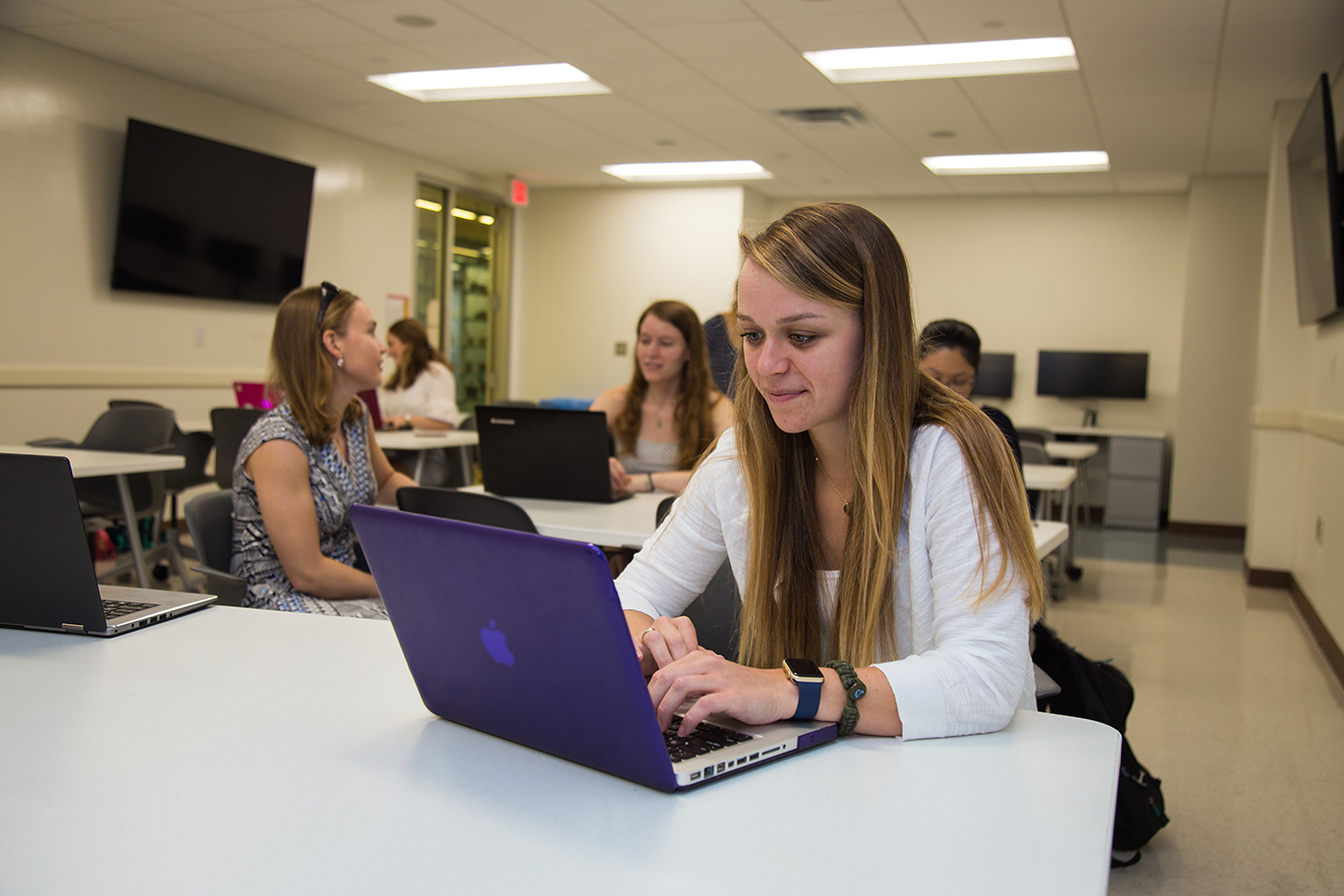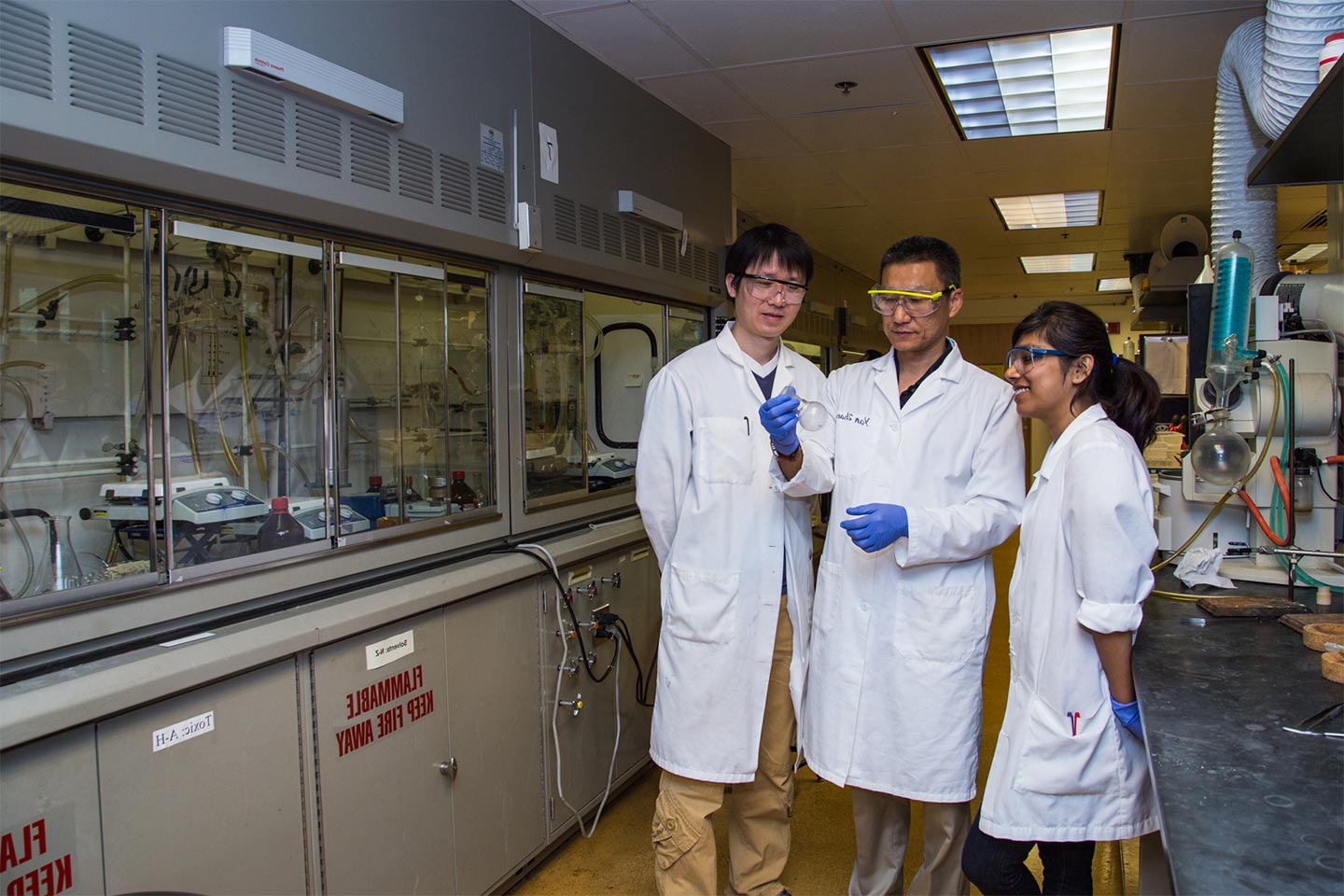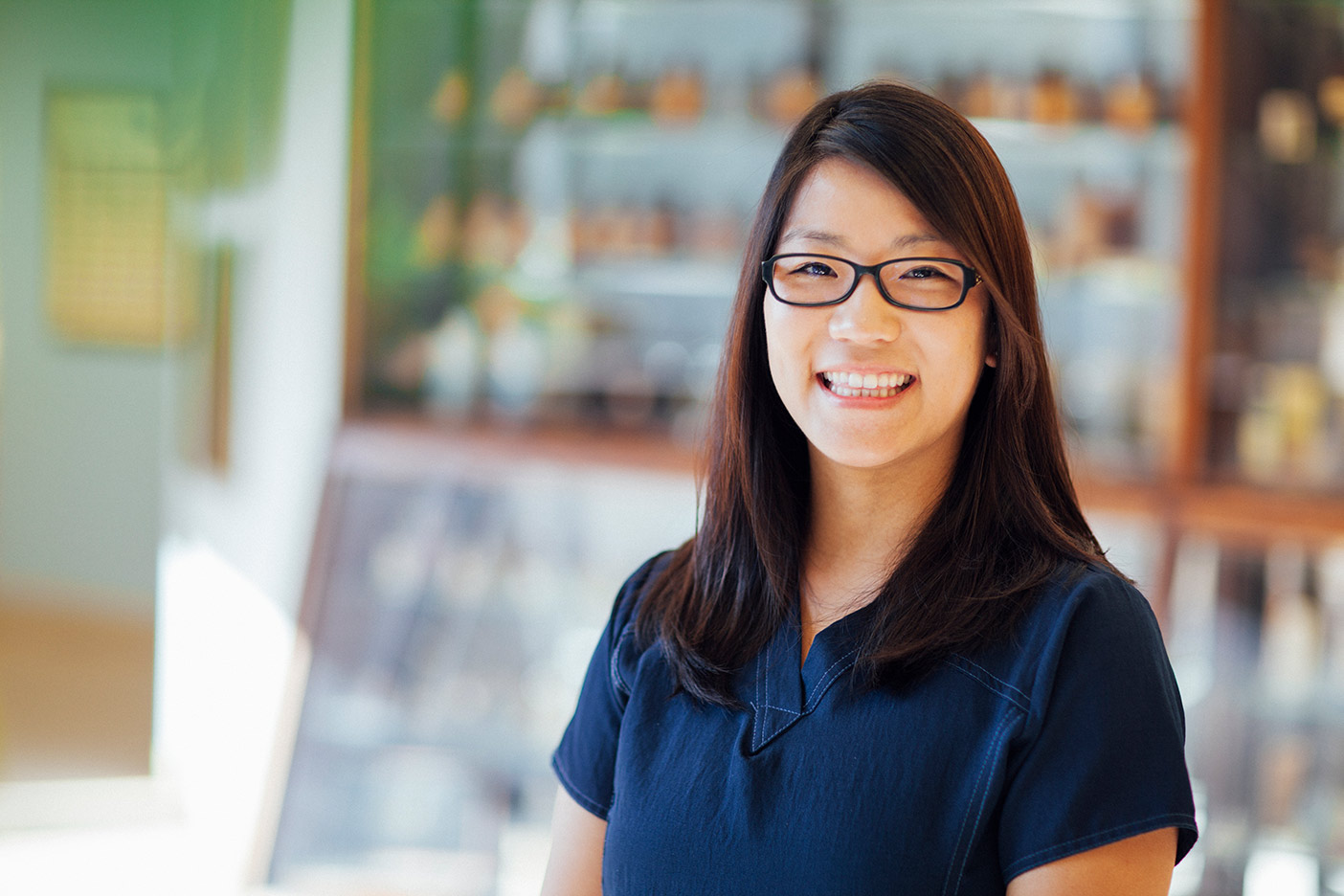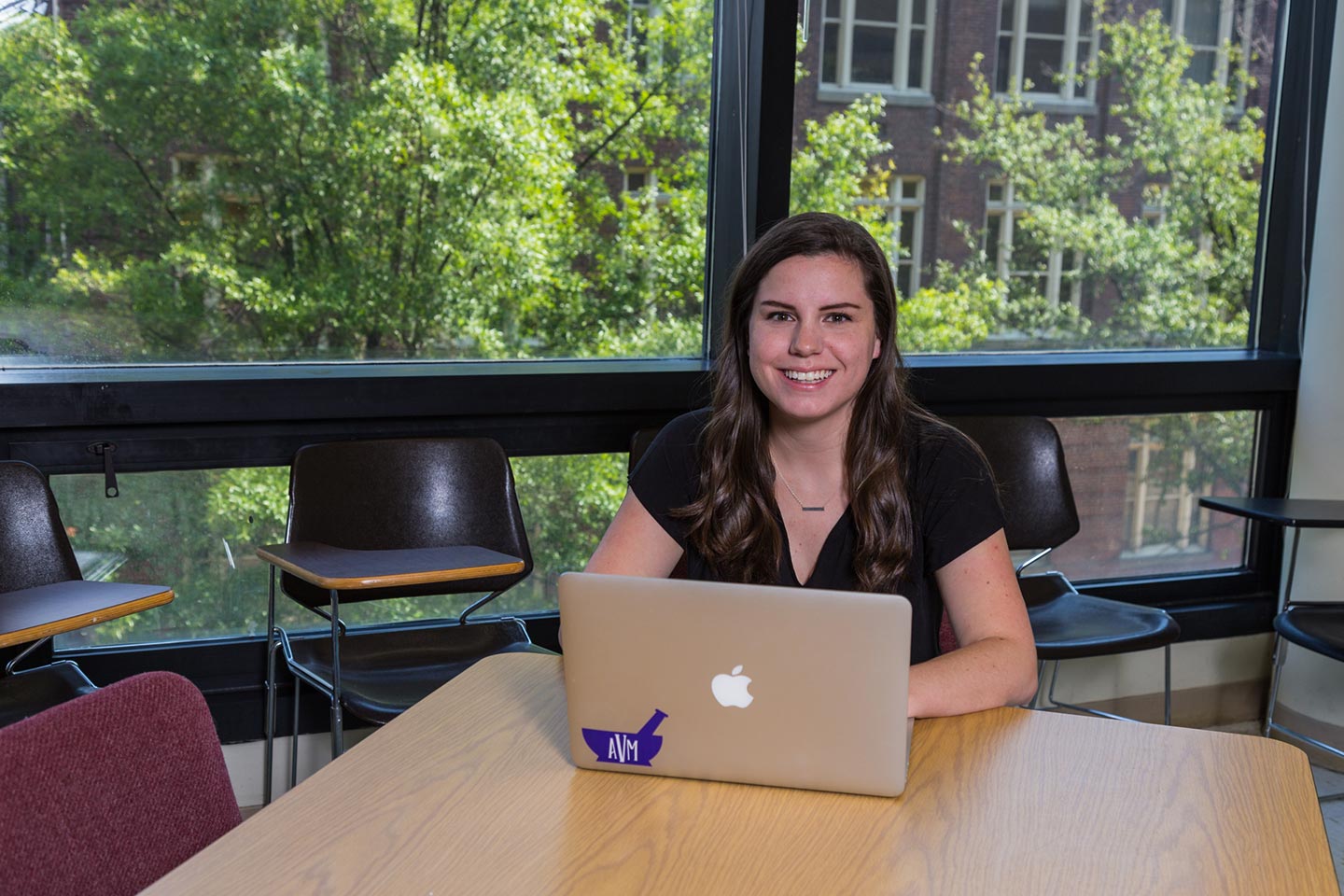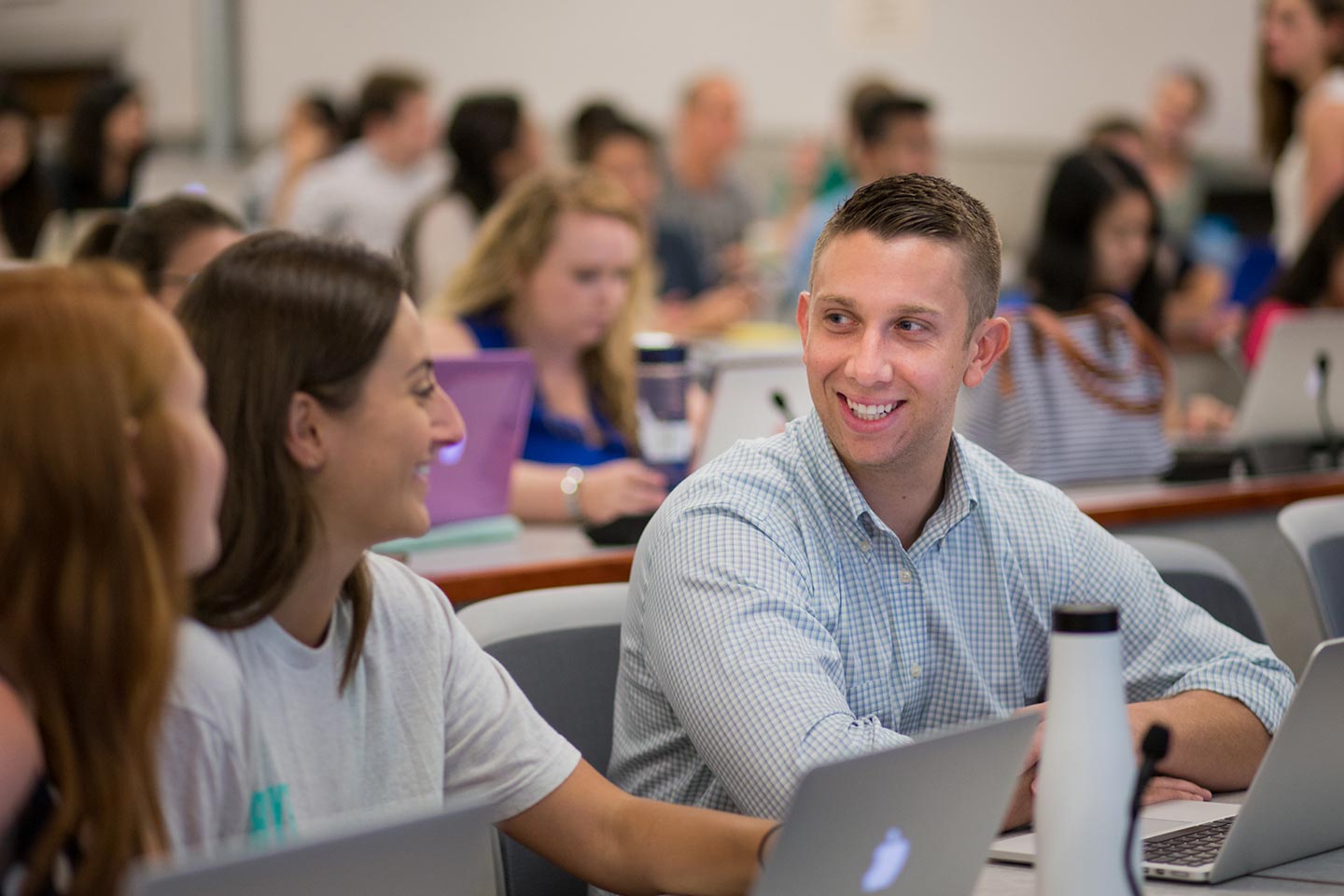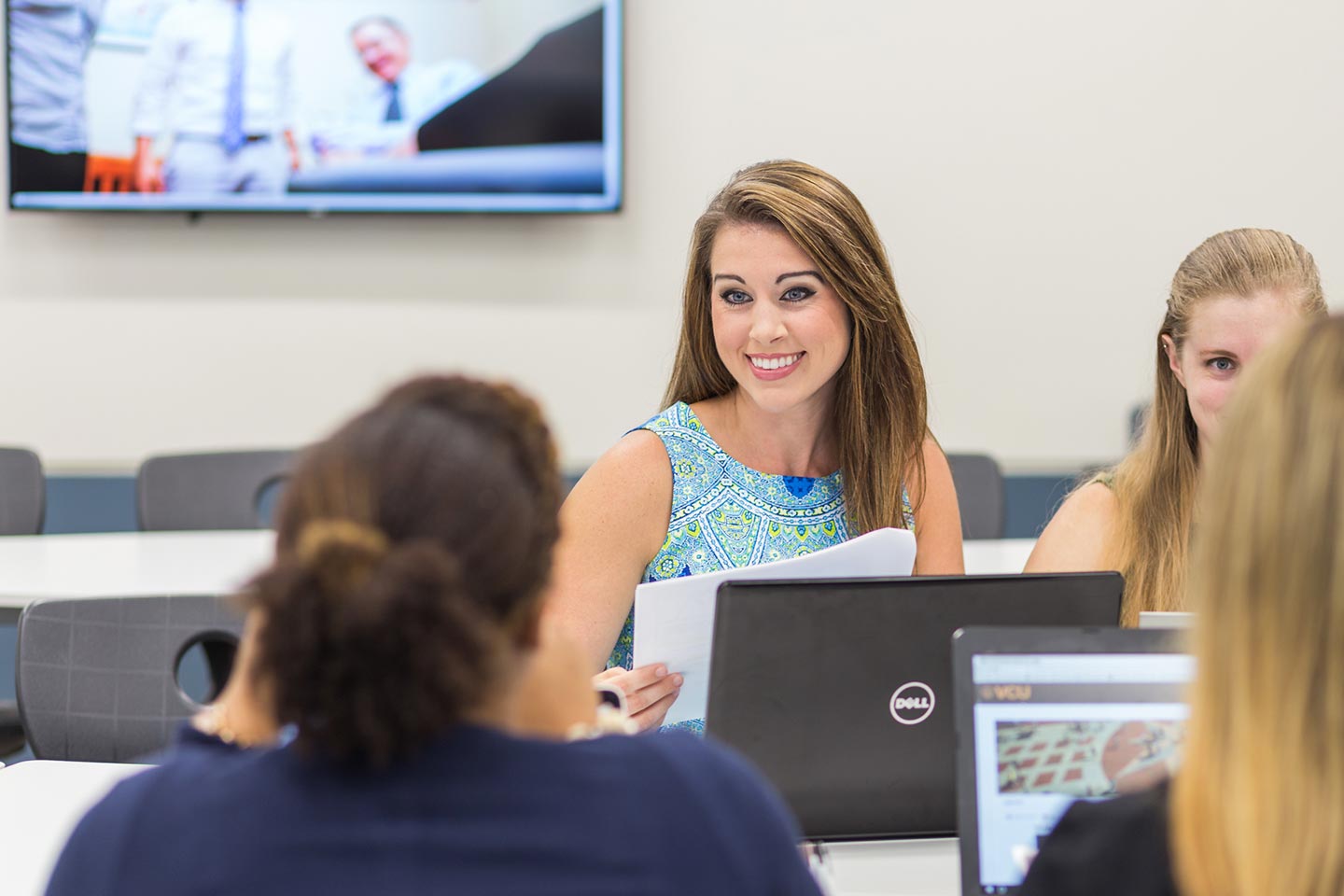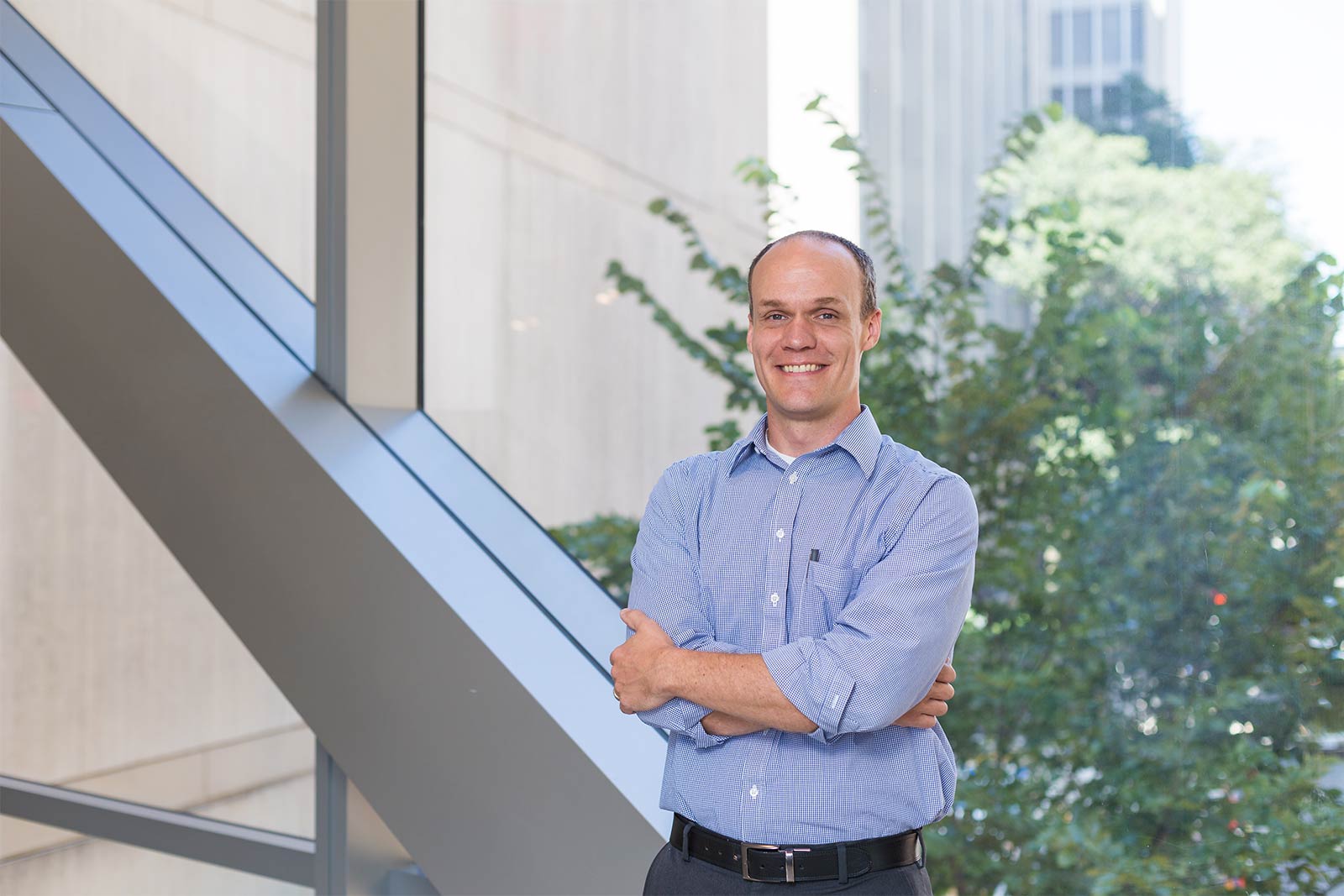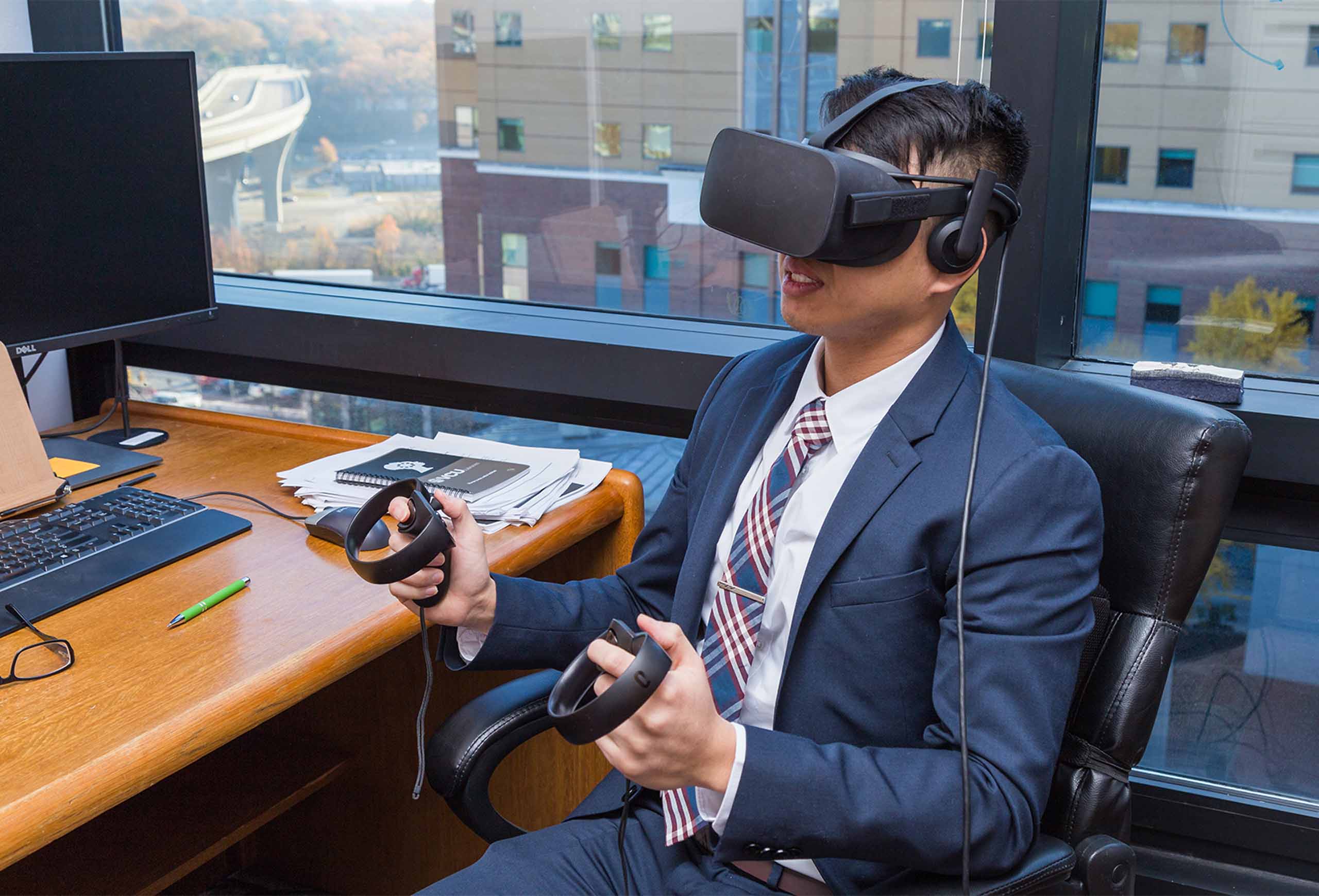

Tell me how you got involved with VCU HealthHacks?
I joined the Healthcare Innovation Technology Student Interest Group at VCU School of Medicine a few months ago. Through this organization, I was introduced to VCU HealthHacks, a medical hackathon to solve an unmet need with this year’s focus on pediatrics and global health. In this team event, students from a variety of backgrounds, ranging from engineering and medicine to the arts, would come together to participate in a challenge to solve an issue, design a product, and create a concrete prototype within 24 hours.
I tend to gravitate towards technology in everything I do, having experience in pharmacy automation and building within electronic health records during my time in pharmacy school. If I had to describe myself, I am a constant daydreamer for ideas. And, I always have a desire to create and build these ideas. I got involved with VCU HealthHacks because I would be able to meet people with the same type of attitude. I would be able to work with ambitious individuals that are aiming to make a difference in other people’s lives through the use of technology.
Describe your experience working with a multidisciplinary team on the Peds-Prep concept that you presented at VCU HealthHacks.
I didn’t know anyone coming into Healthhacks. I wanted to participate because I would be able to work with bright minds from different disciplines. I met Sophia Ghaus and Yurhee Lee, third-year medical students at VCU School of Medicine, while I was there. Then, we met Leo Udeji, a graduate student at VCU School of Engineering – Electrical and Computer Engineering. We choose the challenge, “How can augmented reality or virtual reality facilitate pediatric engagement in and comfort with healthcare?”
It was fantastic to work with them because they had unique perspectives from their respective backgrounds. For instance, one of our early ideas was to use virtual reality to prepare children for a surgical visit in a kid-friendly way. Sophia and Yurhee were able to walk Leo and myself of a surgery visit from the moment of admission to discharge in very specific details. Leo had a lot of technical experience working with virtual reality, Arduino boards, computer programming, etc. He would be able to determine if our clinical ideas would be technically feasible or not, especially under a time restriction. Pulling concepts from software development, I used the Agile Development approach to determine end-user perspective. By truly understanding the user, we would be able to find unique solutions to their specific problem.
Dr. Wijesinghe (or Dr. Day) was one of the many mentors at HealthHacks. While we have a strong concept of Peds-Prep already, Dr. Day mentioned, “As a father of a child with autism, one of the hardest things to do is to take them to new environments, such as healthcare offices. So, what you are attempting to do would be truly life changing to a lot of children with special needs.” It really reinforced the impact we could potentially have for these children. With our combined clinician perspectives and technical ability, Sophia, Yurhee, Leo, and I were able to develop Peds-Prep, a phone application used to help children with autism assimilate to healthcare environments by using virtual reality.
In your words, describe the unique learning opportunities available at VCU.
At the Department of Medicinal Chemistry, I spent some time learning how to run computational molecular modeling simulations to determine binding affinity of compounds that I helped configure. During the same semester in a pharmacy informatics research elective, I worked on optimizing par levels of Talyst and Pyxis machines, and I also helped in the implementation of KitCheck at VCU Health. Currently, I am working with Dr. Day, who specializes in VR technology in his research, to continue the Peds-Prep project with my other teammates.
This wide variety of experiences show that there is a wealth of opportunities out here at VCU. I always recommend speaking with professors to seek unique opportunities within their work. It is amazing that we have a group of highly talented professors that are always willing to help their students.
Why did you choose VCU?
Growing up around the West End area in Richmond, I always knew that VCU was a place that welcomed creativity and discovery. During my VCU undergraduate years, I was sitting in a personality psychology course, and the professor went around the room to ask, “What makes you special?” There was one answer from another student that stood out to me. “I can do absolutely anything. Maybe not right now. But, if you give me enough time, I have enough grit to achieve anything I set my mind to.” I believe that this embodies a lot of what VCU is all about. Make it Real. VCU has the opportunities for cross-pollination of ideas from different schools, world renowned professors, and the supportive culture to encourage ideas to move from the classroom to the real world. Knowing this, continuing my education to VCU School of Pharmacy was the easiest decision I have ever made.
Lastly, what are your future professional plans?
If I had to look 5 years from now, I plan to be a clinical analyst for a large health system, focusing on inpatient pharmacy informatics and/or ambulatory oncology informatics. By working on the back-end of electronic health records, I would be able to drive change and improve workflow efficiency. In doing so, I hope to improve patient safety and strive for the most optimal patient outcomes. At the same time, I plan on working as a staff pharmacist also to continuously build my clinical skills and continue to have user perspective.
But, it is important to note that, as aspiring pharmacists, we have gained a tremendous amount of experience along the way in leadership, interdisciplinary collaboration, communication skills, etc. There are so many careers that are not strictly confided just one or two avenues of pharmacy. I played with the ideas of working for a healthcare consulting firm for a variety of hospitals, becoming a Technical Support (TS) member for EHR vendors, traveling to developing worlds as a health informatics specialist to work with medical data modeling, or even starting up a health IT company in California at one point in time. My point is that the skills and experience we have gained are highly valued and could be easily be translated to other platforms. So, I encourage everyone to think differently, challenge the norm, and relentlessly strive for innovation and self-growth.
